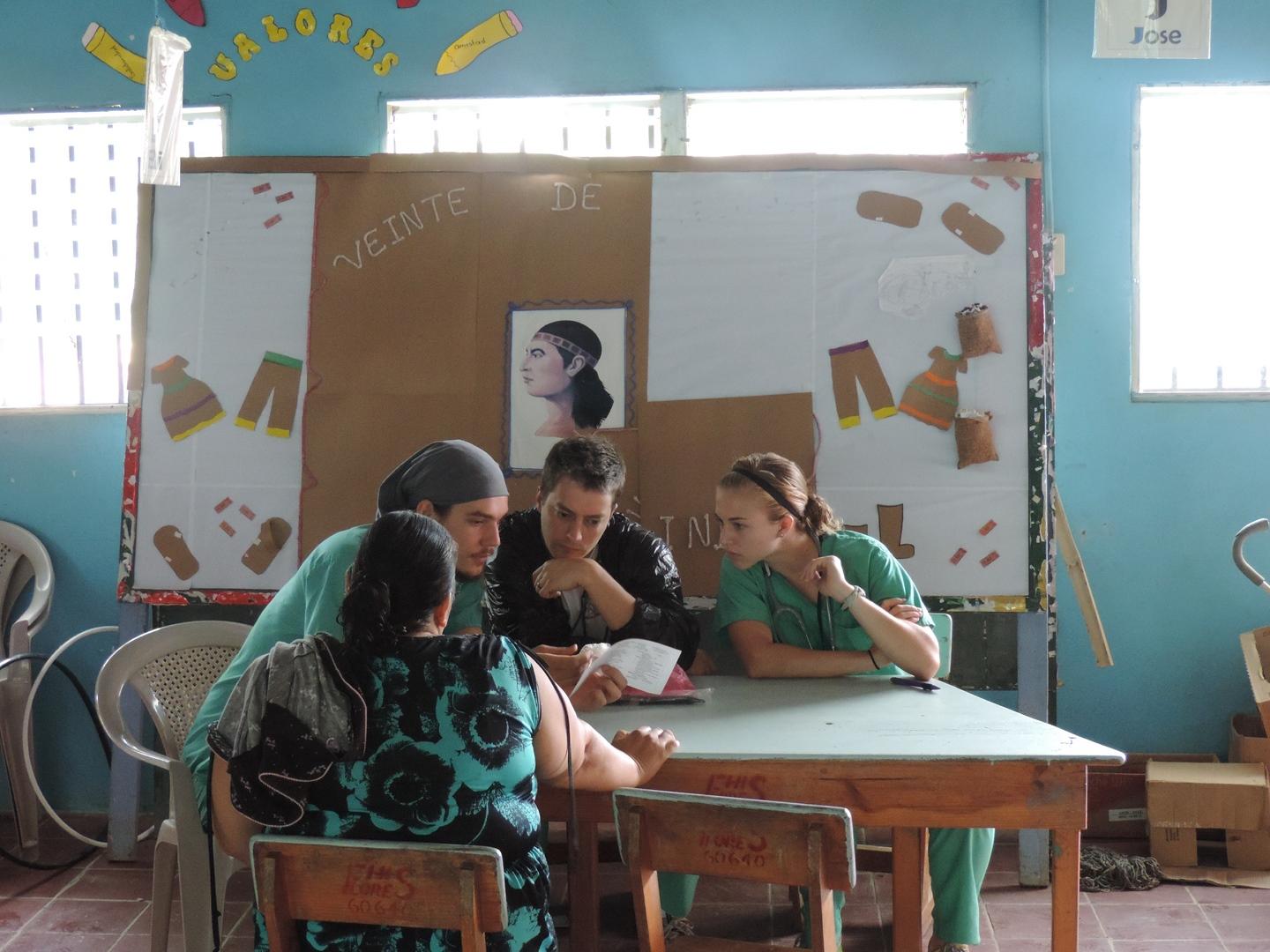
Get the latest articles delivered directly to your inbox!
Our Contributors
Class of 2022
Kyle Duke
Austin Foster
Charlotte Leblang
Ross Lordo
Class of 2021
Dory Askins
Connor Brunson
Keiko Cooley
Mason Jackson
Class of 2020
Megan Angermayer
Carrie Bailes
Leanne Brechtel
Hope Conrad
Alexis del Vecchio
Brantley Dick
Scott Farley
Irina Geiculescu
Alex Hartman
Zegilor Laney
Julia Moss
Josh Schammel
Raychel Simpson
Teodora Stoikov
Anna Tarasidis
Class of 2019
Michael Alexander
Caitlin Li
Ben Snyder
Class of 2018
Alyssa Adkins
Tee Griscom
Stephen Hudson
Eleasa Hulon
Hannah Kline
Andrew Lee
Noah Smith
Crystal Sosa
Jeremiah White
Jessica Williams
Class of 2017
Carly Atwood
Laura Cook
Ben DeMarco
Rachel Nelson
Megan Epperson
Rachel Heidt
Tori Seigler
Class of 2016
Shea Ray
Matt Eisenstat
Eric Fulmer
Geevan George
Maglin Halsey
Jennifer Reinovsky
Kyle Townsend
Join USCSOMG students on their journeys to becoming exceptional physician leaders.

A Universal Language
I was an engineering major in college, and one of the things I loved about it was working with numbers. Something that always fascinated me about them was that they breach language barriers. Try to have a conversation about the weather in two different languages and you’ll get frustrated really fast. But throw up an equation for the flow of a fluid through a tube and everyone who recognizes it will instantly know what you’re talking about, regardless of what his or her native language is. This is the same way I’ve come to view medicine, and taking a trip to Honduras with a surgical team this summer really opened my eyes to it.
There were six medical students on the trip, and we were able to do everything from set up clinics in nearby villages to playing soccer with the children at an orphanage. Of course, my time assisting in the OR was by far my favorite activity, but I think the bigger eye-opener was working in the hospital’s clinic with the interpreters.
I had never spoken through an interpreter before, and on Day 1 we were sent off to do histories and physicals on more than a hundred eager patients in the hospital clinic. I quickly realized that, although I spoke very little Spanish, these were people in pain and in need of care just like any other person back in the United States. Intense abdominal pain to a Spanish-speaker meant the same thing as it would to an English-speaker. Once I came to that realization, it was so much easier to talk to each patient just like I would to anyone back home. It was awkward at first learning how to talk normally to them and not look at the interpreter as if they were the patient, but with time and practice it became easier. Before I knew it, we had cleared out the waiting room and had a full OR list for the week.
One day I hope to be able to go back to Honduras or another country and give of my time and what little experience I have to help the people there. Just like math equations look the same across languages, the need for medical care also supersedes those boundaries. I look forward to moving forward in my medical education so I can continue to use the universal language of medicine to help those both near and far from home.
Transforming Medical School Blog
Copyright 2021 USC School of Medicine Greenville





